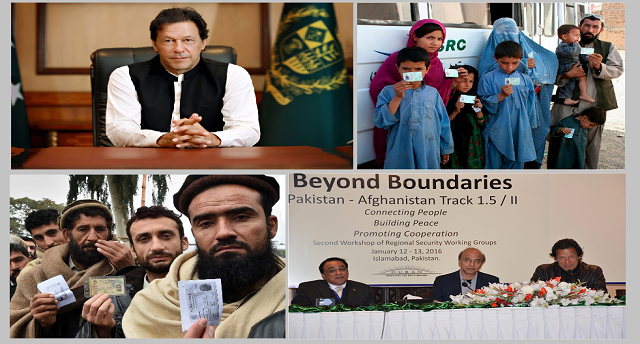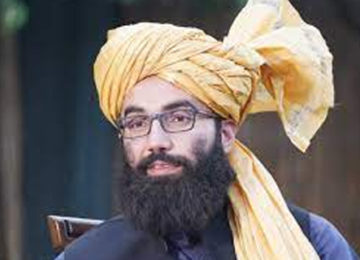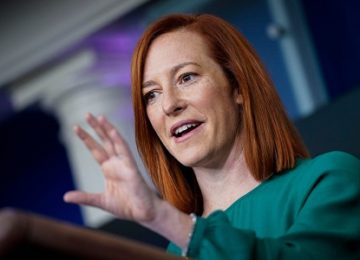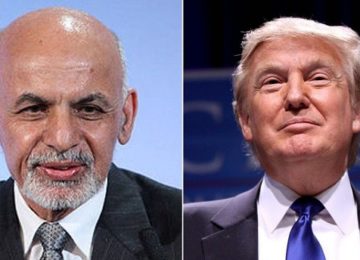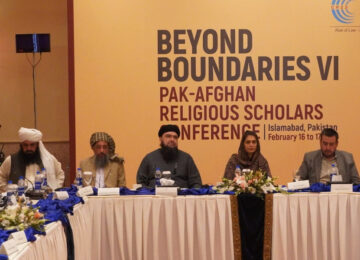Afghan Studies Center and the Center for Research and Security Studies (CRSS) are heartened and welcome Prime Minister Imran Khan’s decision, on Sunday, September 16, to grant Pakistani citizenship to hundreds of thousands of Afghans born to refugee families in Pakistan. “Afghans whose children have been raised and born in Pakistan will be granted citizenship inshallah (God willing) because this is the established practice in countries around the world. You get an American passport if you are born in America. Then why can’t we do it here. We continue to subject these people to unfair treatment. They are humans. How come we have deprived them and have not arranged for offering them national identification card and passport for 30 years, 40 years,” said PM Khan, while making the announcement at a public event in Karachi.
CRSS is pleased to take ‘some’ credit for this unprecedented decision by PM Khan as through its Pakistan-Afghanistan Track 1.5/II initiative Beyond Boundaries CRSS has consistently highlighted the issue with relevant government stakeholders. Some of the major stakeholders included the Ministry of Foreign Affairs, SAFRON Ministry, Pakistan Military Officials, and the UNHCR. CRSS’ Executive Director Imtiaz Gul also raised the issue in his Op-Eds, commentaries, analyses and TV shows, pressing on the need to naturalize such Afghan refugees, especially those born and raised in Pakistan.
On January 12, 2018, Mr. Imtiaz Gul wrote in the Daily Times:
“Can’t we stop scape-goating issues of terrorism and sanctuaries by singling out these Afghans as ‘facilitators’ of terror, and instead play a master-stroke by naturalizing all Afghans. Wouldn’t this blunt some of the Pakistan-focused negative rhetoric and create a groundswell of goodwill? The ongoing documentation of the hundreds of thousands of unregistered Afghan refugees could also help in taking this bold decision and winning at least some hearts, instead of continuously taking measure that sow bad blood and keep multiplying the anti- Pakistan narrative out of Kabul. What is the point in harassing the younger Afghans born here every now and then? As a number of Afghan officials and ministers, including their representatives at the UN, spew venom against Pakistan, why can’t we neutralize this by legally providing at least an unlimited permanent residence to the young Afghans, if not citizenship?” (Daily Times – January 12, 2018)
In November 2016, when the National Geographic-famed Sharbat Gula, also known as the ‘Afghan Girl’, was arrested and awaiting deportation, CRSS, through its Beyond Boundaries’ initiative, lobbied against her deportation. The Center requested the PTI Chairman Imran Khan to intervene and request the Khyber Pakhtunkhwa Government to prevent her forced return. Mr Imtiaz Gul in an article written on the issue, on November 08, 2016 in The Express Tribune, argued:
“We — as members of the civil society — lobbied against her deportation. We requested Imran Khan for intervention. He instantly responded and requested the K-P government via twitter and then in personal meetings to request the federal government to deal with Sharbat Gula’s — a patient of hepatitis C — case on humanitarian and medical grounds. The advocate general, too, approached the federal government with suggestions on how to prevent Gula’s deportation. But, on November 7, in an application to the K-P government, Sharbat Gula pleaded she would like to return to Afghanistan, turning down K-P government’s offer.” (The Express Tribune – November 08, 2016)
Moreover, CRSS has always advocated for humane, fair and respectful treatment of Afghans in the country. When the government of Pakistan accelerated its raids on Afghan refugee camps and slums in 2014 following the infamous Army Public School massacre, Mr Gul, while talking to Dawn News, had then argued:
“Raiding these slums where Afghans live is a knee-jerk reaction by the police. It is a futile exercise as when we talk of Afghan refugees, we are trying to single out Afghans as the single largest source of instability in the country. Our jails are stuffed with terrorists and criminals who are not all Afghans. Through these raids, we are trying to pass on the responsibility of our failures to the Afghans. It is a short-sighted approach. We are making Afghans scapegoats.” (Dawn News – December 30, 2014)
In addition, CRSS has consistently advocated for concessions, including the humanitarian and dignified return of Afghan refugees. In February 2018, during Beyond Boundaries’ 14th meeting held in Islamabad, CRSS convened meetings with UNHCR and Federal Minister for States & Frontier Regions (SAFRON) Lt. Gen (retd) Abdul Quadir Baloch, on Afghan refugees’ situation in Pakistan, resulting in the following joint declaration after the meetings:
The Beyond Boundaries’ Pakistan-Afghanistan Joint Committee members unanimously agreed and urged their governments:
- To maintain as far as possible the principle that the refugee issue should be treated as a humanitarian issue, and hence not to be politicized.
- To work together with the UNHCR and other UN-agencies to establish a realistic timetable for voluntary return of Afghan refugees with dignity, safety and honor
- To take appropriate capacity building measures, both at Islamabad Embassy and Peshawar Consulate to cope with issues such as issuing passports and travel documents to all those Afghans desiring to return to Afghanistan
- To enhance intra-agency and intra-governmental coordination to chart out dignified and gradual timeframe for return of refugees
- To ensure security of investment by Afghan refugees including assets, properties and businesses by providing enough timeframe to respective refugees and their families – CRSS Website – February 26, 2018.
Afghan Studies Center – sister organization of the CRSS – also raised the issue in its 10th Pak-Afghan Youth Dialogue held in March 2018, urging the Pakistani government to provide citizenship to Afghan refugees, which was fully endorsed by young Afghans and Pakistanis in attendance.
According to the UNHCR and local officials, there are about 2.7 million Afghans, including 1.5 million registered as refugees, residing in Pakistan. UN surveys suggest that around 60 percent of Afghan refugees were either born in Pakistan or were minors when their parents migrated to Pakistan. War-shattered Afghanistan is therefore alien to most of these young people who are already part of our local economy and culture, both directly and indirectly. PM Imran Khan’s decision to naturalize them is certainly long due and a strong gesture of goodwill.
© Center for Research and Security Studies (CRSS) and Afghan Studies Center (ASC), Islamabad.



